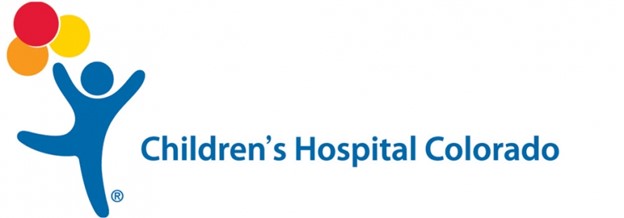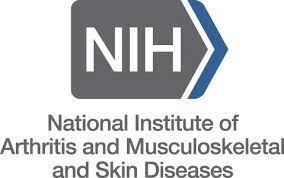Welcome to the Colorado Concussion Research Laboratory
Lab Director, David Howell, PhD, ATC
Our Research
Advancing Concussion Research: Exploring Neurological Deficits, Physiological Underpinnings, and Long-Term Consequences
The overarching goal of our research is to evaluate quantitative measures that are capable of identifying neurological deficits following concussion, their physiologic underpinnings, and their long-term consequences. By monitoring recovery and determining biological predictors of long-term outcomes following concussion, we are working towards establishing a framework to better understand effective methods to allow athletes with a concussion to reintegrate back into safe sport participation. Our work primarily focuses on the following areas of concussion research.
Movement Deficits Following Concussion
Concussion has been documented to affect gait and postural control, however many of the techniques used in clinical practice rely on subjective evaluative methods. We are working on ways to quantify motor performance, particularly under dual-task conditions, as an assessment approach to determine sports readiness following a concussion. Through our work, we hope to translate our findings from the laboratory to clinical settings.
Musculoskeletal Injury Risk after Concussion
Since neuromuscular and neurocognitive deficits are risk factors for musculoskeletal injury independent of head trauma, persistent motor and/or cognitive impairments after concussion may lead to an increased orthopedic injury risk upon returning to sport. We aim to identify potential predictors of this increased injury risk to establish appropriate intervention strategies.
Brain–Behavior Interrelationships after Concussion
Traditional neuroimaging cannot identify post-concussion alterations. Thus, we have used Magnetic Resonance Spectroscopy to identify clinically unrecognized deficits and quantify the relationship between brain neurometabolic concentrations and functional outcomes (e.g. gait).
Concussion Prognosis
Prognostic techniques for adolescent concussions are not well established. Thus, we have investigated how several different factors can predict recovery duration when used within the first week of injury, using clinical and biomechanical assessment approaches.
Concussion Rehabilitation
Although once suggested that a period of physical rest after a concussion until symptoms resolve was the best method to facilitate recovery, our work and the work of others suggest that the cessation of physical activity may contribute to the development of symptoms. We are now working on projects aimed to engage youth athletes in physical activity and aerobic exercise soon after sustaining a concussion.
Differences between Boys and Girls after Concussion
Understanding the individual factors that affect patient outcomes following a concussion is a crucial aspect of identifying effective management and treatment strategies. Among these individual factors, we are working to understand the sex-specific processes that occur following concussion, leading to more effective therapeutic approaches and prevention strategies.
Sleep Problems After Concussion
A complex pathophysiological process occurs following concussion, leading to a variety of different clinical presentation types. Recent evidence suggests that sleep is a factor that is not only commonly impaired following concussion but also negatively influences the recovery process.
Neck Dysfunction and Dizziness After Concussion
Symptoms following concussion can also be caused by dysfunction in the cervical spine, vestibular system, and oculomotor system. Our work incorporates assessment in these areas to understand the interplay between the systems and the impact on persistent symptoms.
Funding Sources






